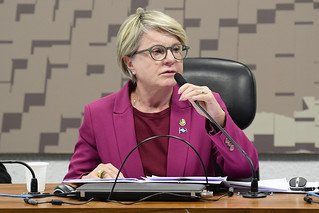LONDON — Princess Elizabeth was never meant to become queen, let alone the longest-serving monarch in the storied history of British royalty. Her father, in fact, was never meant to become king.
But on Monday, after nearly a lifetime of service to country and crown, Elizabeth II will commemorate her 65th anniversary as queen. She will become the only British monarch ever to celebrate her Sapphire Jubilee. It is a role that most Britons — whether royalist or republican — would agree that she has fulfilled with caution, dignity and an unending sense of duty.
In keeping with the habits of a lifetime, Elizabeth, who is 90, is expected to spend the day quietly at Sandringham, her country estate 110 miles north of London. The course of Elizabeth’s life was forever changed in 1936 when King Edward VIII, her uncle, abdicated to marry Wallis Warfield Simpson, a twice-divorced U.S. commoner. His brother Albert became king, adopting for the name George VI.
And Princess Elizabeth, who had spent the first 10 years of her life never expecting to become queen, suddenly found herself first in line to the throne. With Edward’s abdication, it fell to George VI — a shy man and a stutterer — to inspire his countrymen to endure the hardships of World War II and to prevail. He was a smoker, and the strain took a toll on his health.
In February 1952, with her father ill, she and Prince Philip, her husband of five years, stood in for the king on an official visit to Kenya. The couple took a brief and exhilarating rest at Treetops Hotel, nearly 6,500 feet above sea level, with a view of Mount Kenya.
On the night of Feb. 5-6, the king died. Although she did not know it, Elizabeth was already queen — the first British ruler of modern times never to know the exact time of her assumption of office, because the king died in his sleep.
“For the first time in the history of the world,” her bodyguard, a hunter named Jim Corbett, wrote in the visitor’s log book, “a young girl climbed into a tree one day a princess and after having what she described as her most thrilling experience she climbed down from the tree the next day a queen — God bless her.”
Only, she did not know that until later in the day. At a hunting lodge, Philip took the call. Her father had died, he told his wife, and she was already queen. She was 25 years old.Upon returning to England, she met on Feb. 8 with the Lords of the Council for the formal proclamation of her reign as Her Majesty Queen Elizabeth II.
“By the sudden death of my father I am called to assume the duties and responsibilities of sovereignty,” she said. “My heart is too full to say more to you today than I shall always work, as my father did throughout his reign, to advance the happiness and prosperity of my peoples.”
In her early days as monarch, the queen relied on her husband and others to help her feel her way.”The queen had a range of advisers right from the get-go,” said Roya Nikkhah, the royal correspondent for The Sunday Times. “She had Winston Churchill as her first prime minister, an amazing relationship between the old prime minister at the end of his tenure and the new monarch at the beginning of hers.”But the young queen had views of her own, as well. Despite advice to the contrary, she decided that that her coronation, on June 2, 1953, would be televised.






